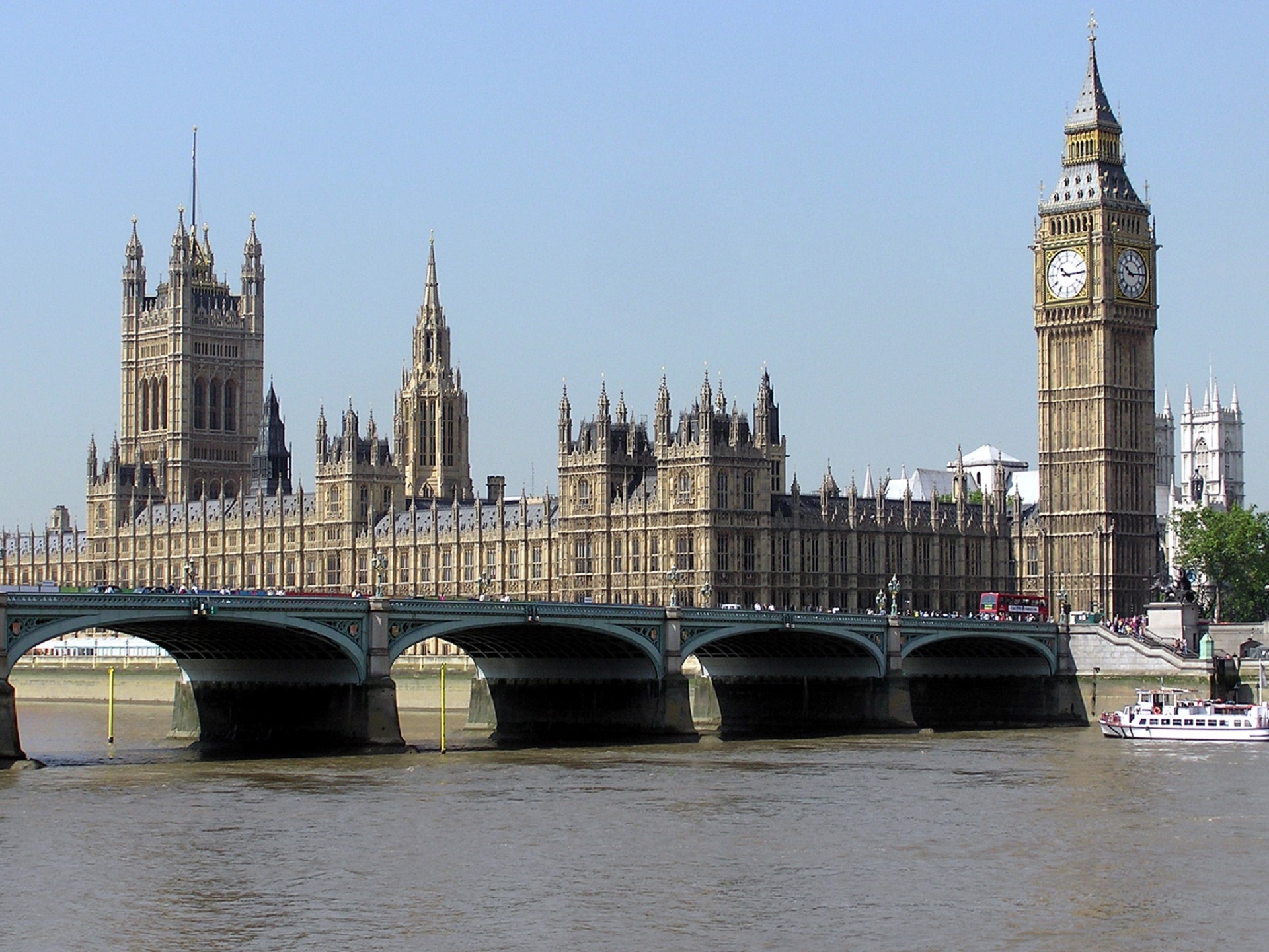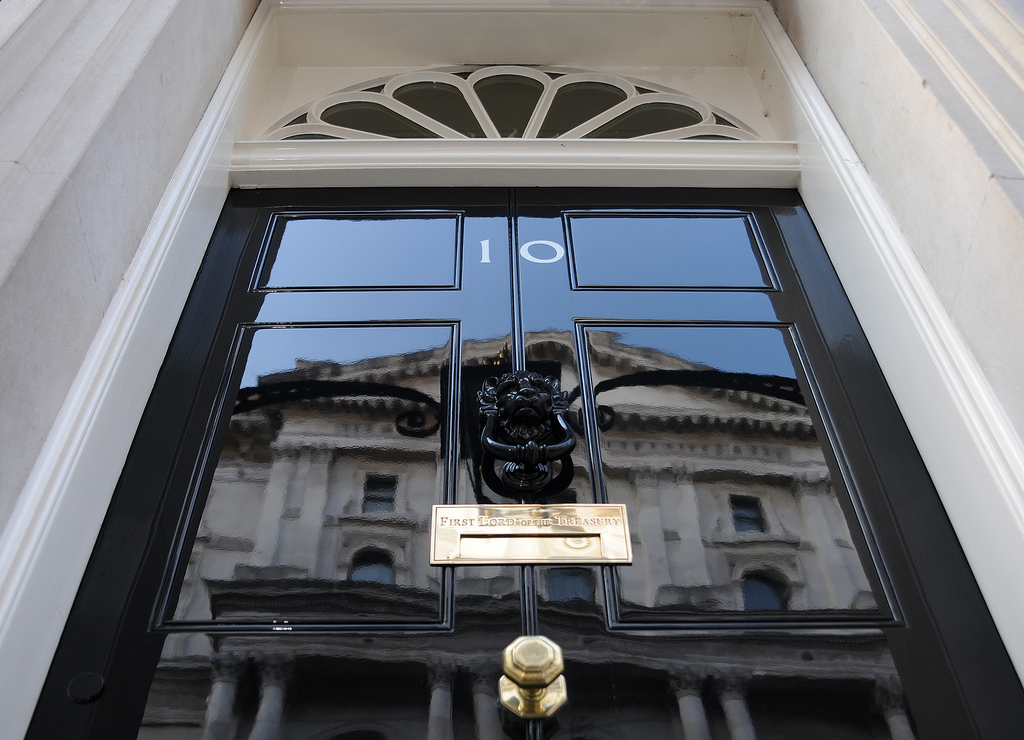The Fourth Money Laundering Directive updates and expands anti-money laundering laws across the European Union. Unlike GDPR, which will automatically come into force, updating the AML regime requires each national parliament to transpose the regulations into local law.
In the UK, this means updating the Money Laundering Regulations 2007. The government completed their consultation in April and published a draft of the Money Laundering Regulations 2017 to be laid before parliament. The EU stated that the Fourth Directive must be in force in every country by 26 June 2017.
However, the general election called by Theresa May has thrown that timetable into disarray. The new parliament won’t meet until sometime between 14 to 21 June, leaving barely days before the deadline.
Will the UK miss the deadline?
Most likely, although perhaps not by much. The draft statutory instrument has been published and is ready to be considered by parliament. Given the long lead-in time of the Fourth Directive, the consultations and lack of particularly controversial measures, even a change of government is not likely to disrupt the process too much.
Broadly, we know what the new requirements of the Fourth Directive are, and how the UK plans to implement them. While the official change won’t take place until the 2017 Regulations is law, there is every reason to think this will happen sooner rather than later.
Continue reading








